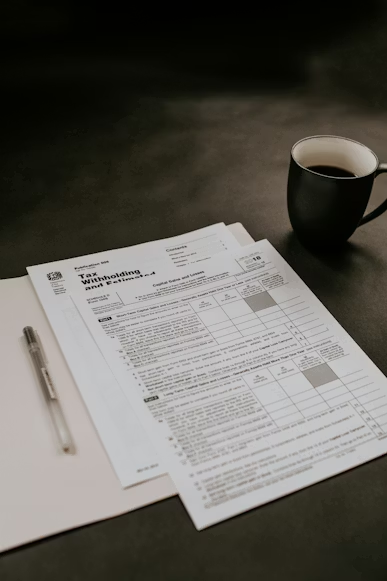
Depreciation, often overlooked yet extremely impactful, lies at the very heart of every business’s financial management, which helps in shaping decisions, influencing taxing strategies, and evaluating the value of assets over time.
Depreciation is a systemic allocation of the cost or the value of an asset over the time of its life. It reflects the decrease in the value of an asset’s life due to different factors like wear and tear, weather, obsolescence, or usage.
Understanding the proper concept of depreciation is important to grasp the concept of its implications on different business operations. Let’s take a closer look at what it entails.
Impact on Financial Reporting:
Accounting for depreciation very heavily impacts the company’s financial operations as it reduces the company’s overall net income by lowering the value of assets over their life span. Depreciation is recorded in the company’s income statement directly impacting the profitability for the reporting period of the firm. Analyzing the depreciation allows the company to get insights into its asset management practices and financial performances.
Tax Implications:
Depreciation helps businesses with tax benefits by allowing them to calculate the depreciation expenses from their taxable income so that it can be deducted. This widely reduces the company’s tax liability while also improving the cash flow. Tax consultants help individuals or firms in making the correct decisions about tax regulations and depreciation methods that may vary leading to the impact on the extent of tax deductions that are available to the businesses.
Asset Management Strategies:
Personal tax accountants help with effective asset management strategies by strategically allocating the value of assets and resources throughout their useful life. This process usually allows the firms to accurately allocate their resources over the period where assets and resources can contribute to be advantageous for revenue generation.
Informed Decision Making:
Understanding the accounting for depreciation is very important for the process of decision-making regarding asset replacement, upgrades, and capital expenditure planning. By analyzing the data on depreciation, businesses can confirm the viability of retaining or disposing of the assets that have lowered in value over time. The process of decision-making through the analysis of depreciating data ultimately allows the company to optimize its resource allocation.
Asset Valuation and Financial Statements:
Depreciation directly impacts the valuation of assets on the balance sheet. Accumulated depreciation lowers the carrying value of the assets and the resources throughout their life, reflecting their diminishing value. Proper asset valuation is important for effective and accurate financial reporting and assessing the company’s overall financial position.
Depreciation is a critical aspect of accounting that has profound impacts on different financial functions, including financial reporting, tax planning, and decision planning processes. Effectively and efficiently managing the depreciation is quite important for managing transparency, optimizing asset utilization, and maximizing the shareholder value within the firm. Accounting for depreciation is quite essential for representing a company’s financial reports.
Are you looking to optimize your financial activities? Connect with NidhiJainCPA in San Jose for expert consultation on maximizing depreciation benefits and enhancing your business!



